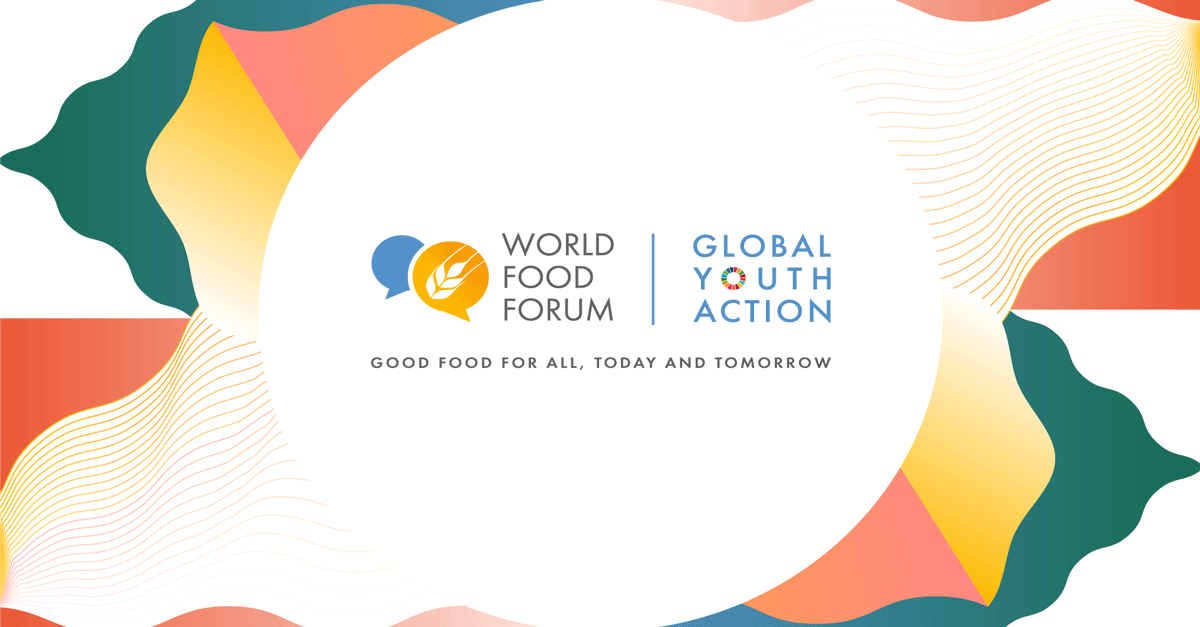Written by Nicole Rita Napoli
“Hand in Hand for Better Foods and a Better Future.” This powerful theme set the stage for this year’s World Food Forum (WFF), a global gathering that resonated deeply with my recent experience as a European Union delegate to the Y20.
Attending the WFF was a profound reminder that the shared challenges we explored at the Y20, such as food security, sustainable agriculture, and climate resilience, are not confined to the borders of G20 nations. They are global issues that impact communities everywhere. The Forum served as a powerful amplifier for voices from the frontlines, showcasing innovative solutions and the stark realities faced by those outside the traditional centers of geopolitical power.
The WFF is more than a conference: it is a movement. It brings together young leaders, farmers, scientists, and policymakers to transform our agri-food systems. This mission is of crucial importance because it calls our attention to a fundamental truth: a primary need like food is the very fuel that shapes our future. How we produce, distribute, and consume it dictates the health of our people, our economies, and our planet.
Once again, the voices of young people were at the heart of this Forum. This is especially significant in 2025, as we mark the 80th anniversary of FAO. The principle of intergenerational fairness has never been more central. We are the generation that will inherit the consequences of decisions made today, and it is our right and responsibility to help shape them.
The pivotal nature of 2025 was a key theme throughout the event. As the FAO President, Dr. QU Dongyu, powerfully highlighted in his address, “The fight against hunger is not only about food, it is about dignity and our shared humanity.” This sentiment echoes the core of the 2025 Copenhagen Declaration, which calls for a renewed global commitment to justice and equity. It is pivotal that we reflect on this now, at the midpoint of the 2030 Agenda for Sustainable Development. We are falling short on our promise to achieve the SDG2 Zero Hunger, and this decade demands accelerated, collaborative, and youth-driven action.
This is precisely why youth participation in forums like the WFF is not just important: it is essential as we are catalysts for change. Our digital nativity, our inherent connectivity, and our unwavering demand for climate and social justice bring a unique and necessary perspective to the table. We challenge outdated models, champion technological innovation, and hold leaders accountable for the long-term impact of their policies.
The WFF 2025 reinforced that the “hand in hand” collaboration between generations, sectors, and nations is our only path forward. By investing in youth and embracing our contributions, we can truly build a future where better food systems lead to a better, more equitable world for all.


